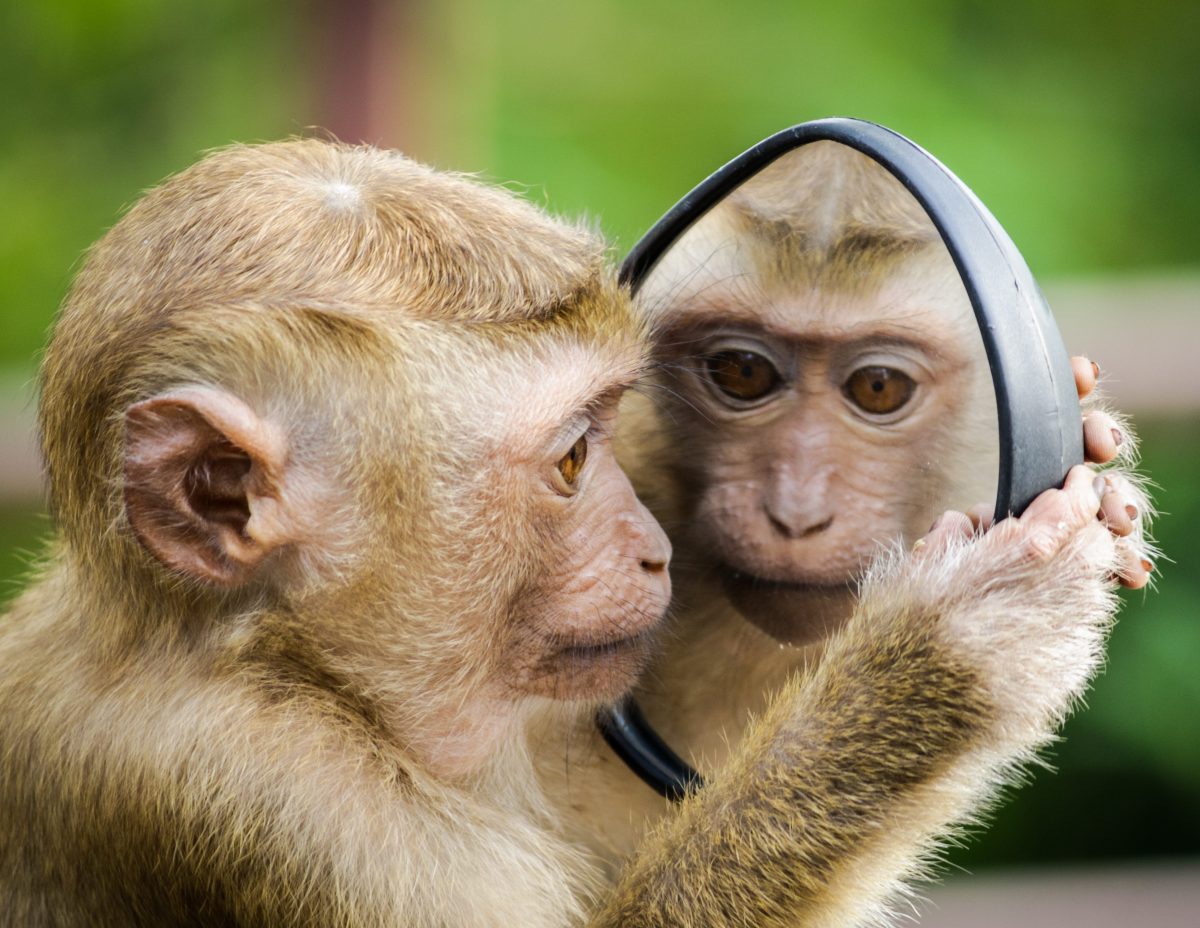A lot has been said about COVID-19’s impact on mental health. Research shows that rates of depression, stress, anxiety, and post-traumatic stress have risen significantly in the last year. While we have not yet recovered, some places are slowly recuperating their lost freedom, and others are still finding their way forward. We have all been affected by the pandemic. We have suffered losses in this exhausting process: from loved ones, to jobs, to our own health, opportunities, connection. And we are still mourning and longing for our losses. As organizations and leaders, how can we provide the support our people need and access our own emotional intelligence in times of COVID-19?
In this fast-changing environment where we are permanently looking for instant gratification, we often struggle. We find it challenging to connect with our own emotions and open ourselves to others’ experiences and requests for help and support. It takes a lot of courage to inwardly listen to our emotions instead of sweeping them under the rug and accepting them with compassion and without judgment.
Organizations are starting to take this issue seriously. They want to help people improve their quality of life and their working experience. They recognize the impact wellbeing and work-life integration have on midterm performance and effectiveness. In the last year, we have seen organizations deploying multiple initiatives spread across all levels, offering a complete menu of tools and skill learning to support people through these challenging times.
The Importance of Emotional Intelligence in Times of COVID-19

Of all the skills we can learn, developing emotional intelligence might be the “make it or break it” key capability for this new era. It is the key skill all leaders need to cultivate to lead effectively, caring for their people. And it has never been so collectively relevant.
Emotional intelligence refers to our ability to recognize, understand, and manage our own and others’ emotions. When we can manage our emotions, we respond more effectively to any given situation vs responding instinctively in a fight, flight, or freeze mode (behaviors led by our reptilian brain). It helps us deal with stress and see clearly, making better decisions in our life. It builds up our resilience: the ability to bounce back in the face of setbacks.
Developing emotional intelligence also helps us improve our relationships and increase collaboration. It helps us empathize with how other people are feeling, putting ourselves in their shoes and feeling in our own body how others are feeling.
While many of us agree that emotional intelligence is a key skill, most leaders lack it. The good news is that we can train our brains to master our emotions.
Increasing Emotional Intelligence
Recognize: The first step is to acknowledge what is happening. Listening to the emotions in our body, mind, and heart, connecting with the feeling it brings along, and sustaining its discomfort. Naming our emotions can help surface them and bring some perspective.
Understand: Our emotions are feelings created by conscious and unconscious thoughts and interpretations and they all are impulses to act. Every emotion has a message and requests an action from us. Self-inquiring uncovers meaning for our emotions and the story underlying the emotions.
Express /act constructively: Regulating our response our to own emotions and others’ emotions is crucial (it is thinking before reacting). It is about being able to share our interpretations and the thoughts underlying our emotions with honesty and respect. Sharing our core truth, expressing what really matters to us, in an impeccable and effective manner, without hurting our relationships and being true to ourselves.
COVID-19 has been emotionally devastating for many of us. It has put us to the test and has reinforced the need for and importance of developing our emotional intelligence to navigate in these unprecedented times effectively caring for ourselves and others.

